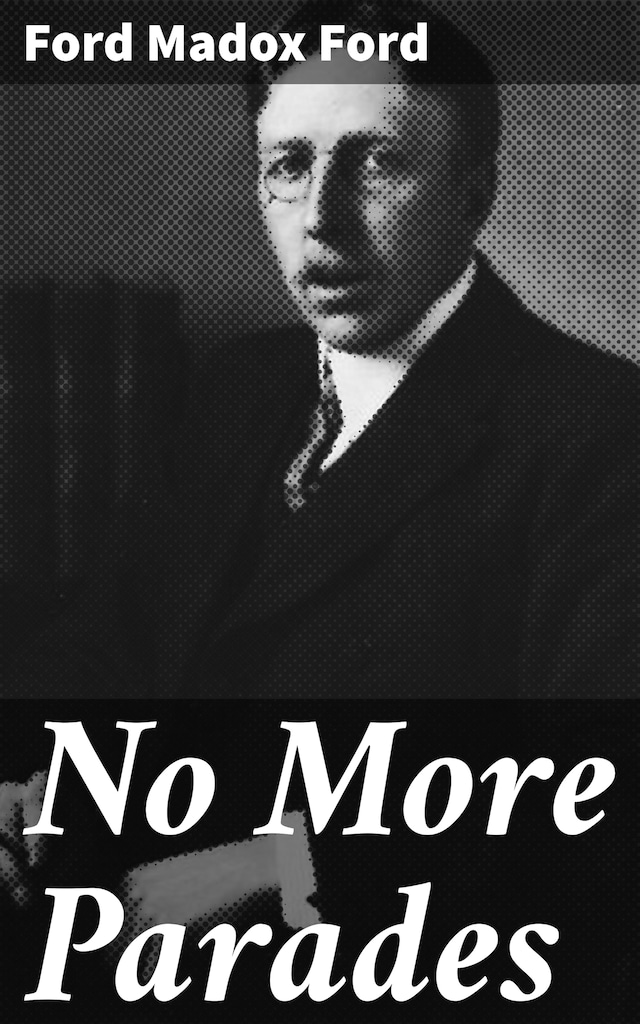
No More Parades
A novel
Description of book
In "No More Parades," the second novel of Ford Madox Ford's acclaimed sequence, "Parade'Äôs End," readers are immersed in the tumultuous landscape of World War I. The narrative delves into the psychological turmoil of Christopher Tietjens, a disillusioned yet principled soldier navigating the absurdities of war and societal expectations. Ford employs a modernist literary style, characterized by shifting perspectives and complex character studies, which reflects the fragmented nature of both personal and collective experiences during this period. The novel intricately explores themes of honor, love, and the futility of war, set against the backdrop of England's changing social fabric, resulting in a profound commentary on the human condition amidst chaos. Ford Madox Ford, a pivotal figure in early 20th-century literature, drew inspiration from his own experiences as a war correspondent and his critical view of Edwardian society. His literary endeavors often challenged conventional narrative forms, paving the way for modernist literature. In "No More Parades," Ford'Äôs keen insights into the psyche of men grappling with the realities of war stem from both his personal disillusionments and his literary experimentation, marking a significant contribution to the canon of war literature. This novel is essential reading for those interested in the psychological impact of war, as well as for lovers of modernist literature. Ford's masterful portrayal of Tietjens's internal struggle invites readers to reflect on the broader implications of duty and identity in times of crisis. "No More Parades" not only enriches the understanding of Ford'Äôs oeuvre but also serves as a poignant reminder of the human costs of conflict.
 Ford Madox Ford
Ford Madox Ford 312 Pages
312 Pages